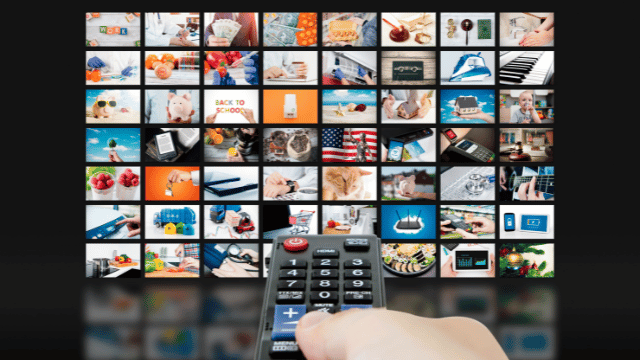In the ever-evolving world of digital marketing, promotion strategies have been on a fascinating journey. From the first colorful posters and radio ads, marketing has entered a digital age full of innovation and opportunity. In this article, we’ll explore the journey from traditional marketing messages to subliminal messages in the digital age, revealing how technology has transformed the way we communicate with our audiences.
Part I: Traditional Marketing Messages – From Newspapers to Television
Before the advancement of digital technology, marketing messages were more obvious and based on the means available at the time. Colorful billboards, newspaper ads, street signs, and radio spots were the main channels through which brands tried to reach audiences. These strategies were often direct and with strong visual impact.
With the advent of television, advertising took another form, conquering the screens in people’s homes. TV commercials were meant to grab attention with catchy stories and catchy jingles. However, audiences were in control of their viewing, being able to move or skip ads deemed annoying or inappropriate.

Part II: Digital Marketing – A New Era of Opportunity
With the advancement of digital technology, marketing has changed its paradigm. The Internet has become a gateway to a vast world of opportunities to communicate with target audiences. Websites, marketing emails, social media, and search engines became how brands promoted their messages.
Digital marketing has brought with it several advantages over traditional methods. Direct interaction with the audience has increased significantly, and segmentation and personalization of messages have become more precise. In addition, evaluating the effectiveness of campaigns is much easier, giving marketers the ability to quickly adjust strategies based on results.

Part III: Subliminal Messages – The Power of the Unconscious in the Digital Age
In the quest for stronger and more effective communication, digital marketing has brought the concept of subliminal messages to the fore. Subliminal messages are suggestions, words, or images that are presented subtly, often unconsciously, to influence consumer behavior or decisions.
These subliminal messages can be integrated into videos, images, or even written content. Techniques such as subliminal embeds and subliminal voice modulation are used to convey messages that can influence audience desires and preferences.
However, the use of subliminal messages in digital marketing is accompanied by controversy and ethics. Some argue that these techniques can manipulate and control the public, while others argue that they can only be persuasive tools in the hands of an ethical marketing campaign.
The evolution of digital marketing has brought about a significant change in the way we communicate with our audience. From the old, obvious television marketing messages to sophisticated digital marketing techniques and finally to the subliminal messages of the digital age, the marketing industry continues to reinvent itself to stay relevant and effective.
Although subliminal messages bring with them ethical challenges, marketers must act responsibly and focus on creating content that is valuable, relevant, and attractive to their audience. By taking an ethical and innovative approach, digital marketing can continue to provide an authentic and enjoyable experience to consumers around the world.